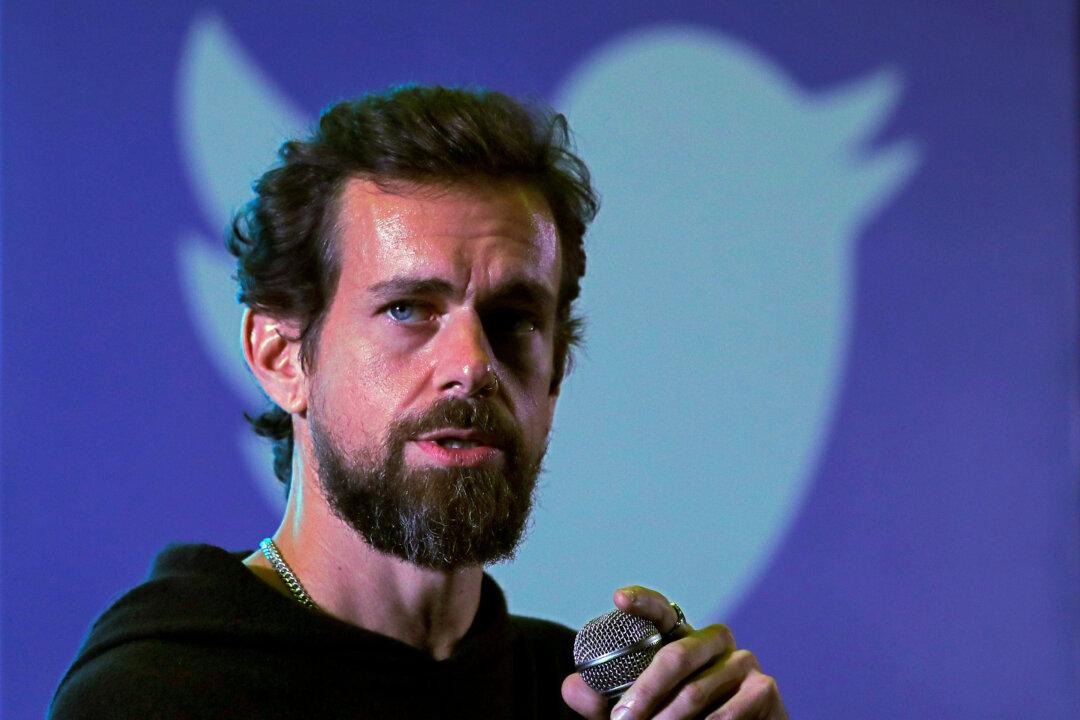Trump’s reelection campaign said Thursday that Twitter suspended its official account, claiming that Team Trump’s post about Democratic presidential nominee Joe Biden and his son, Hunter, is a violation of its policy.
“Your account has been locked,” the Twitter message said. “What happened? We have determined that this account violated the Twitter Rules. Specifically, for: Violating our rules against posting private information.”





